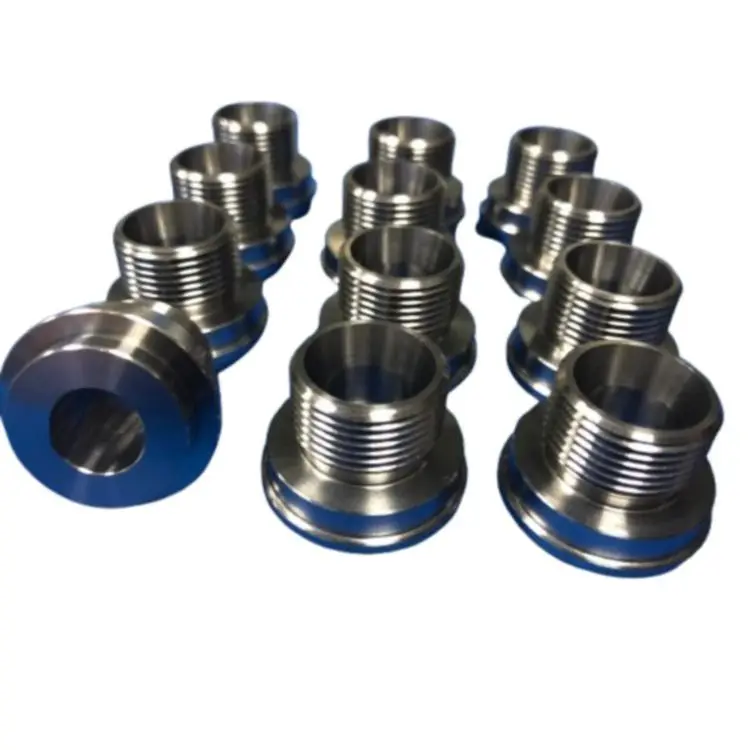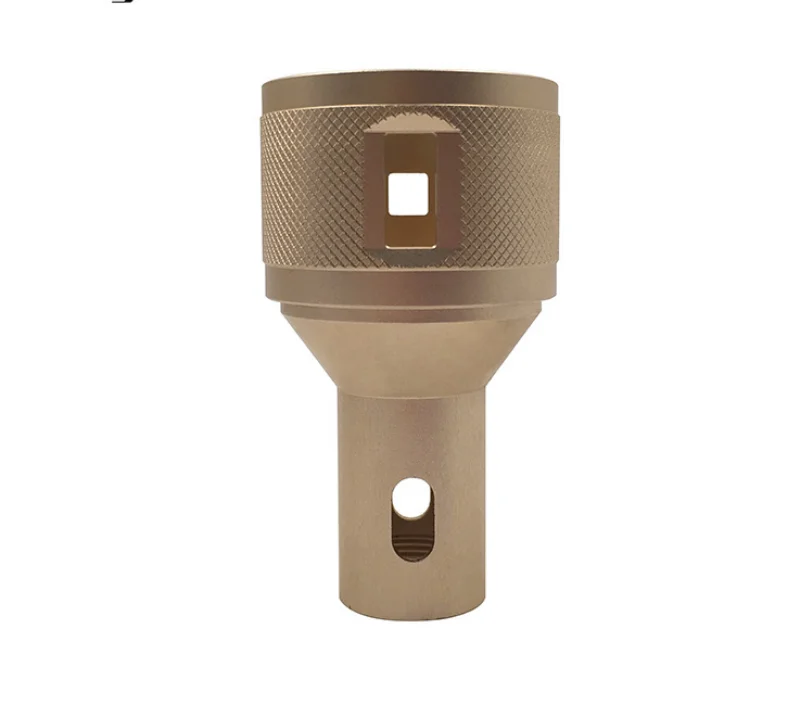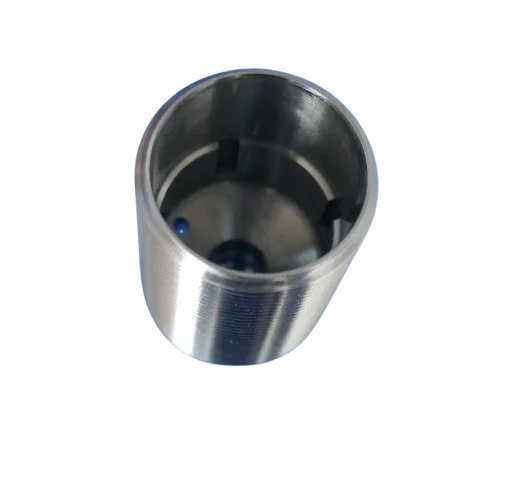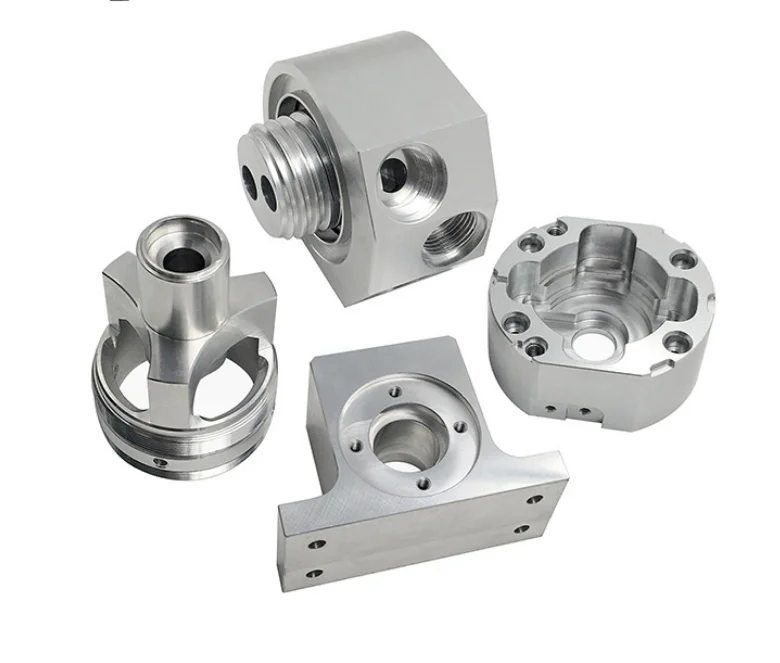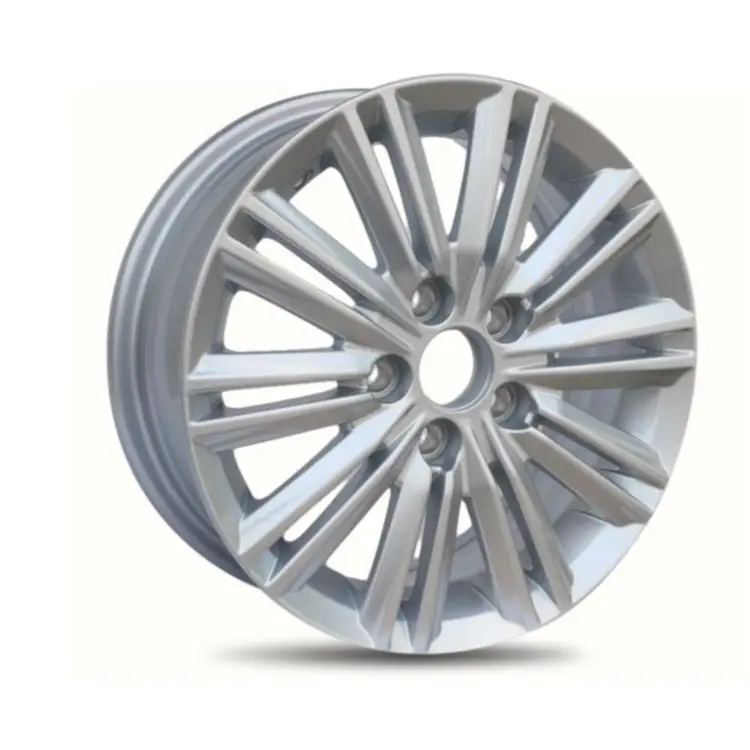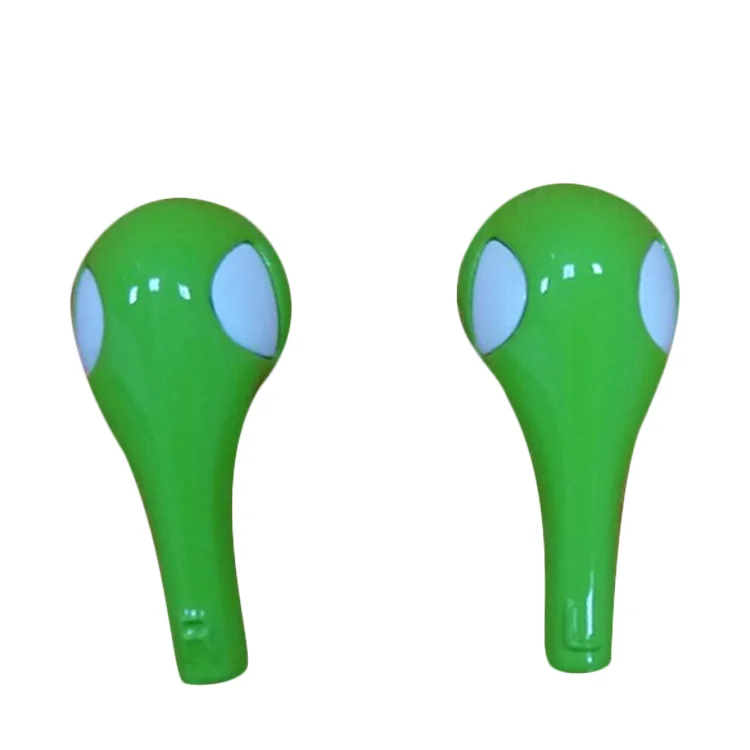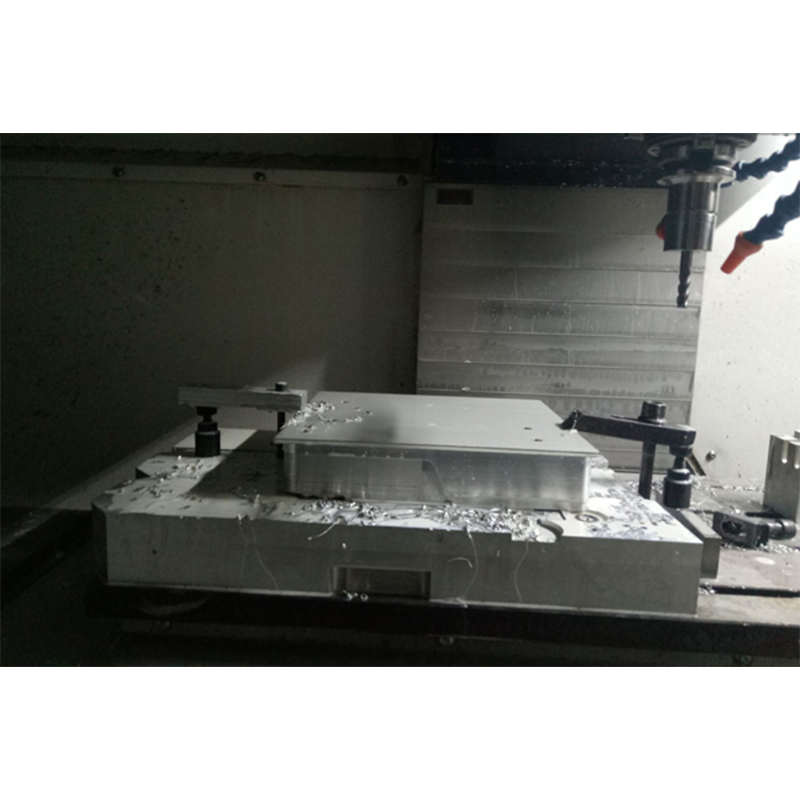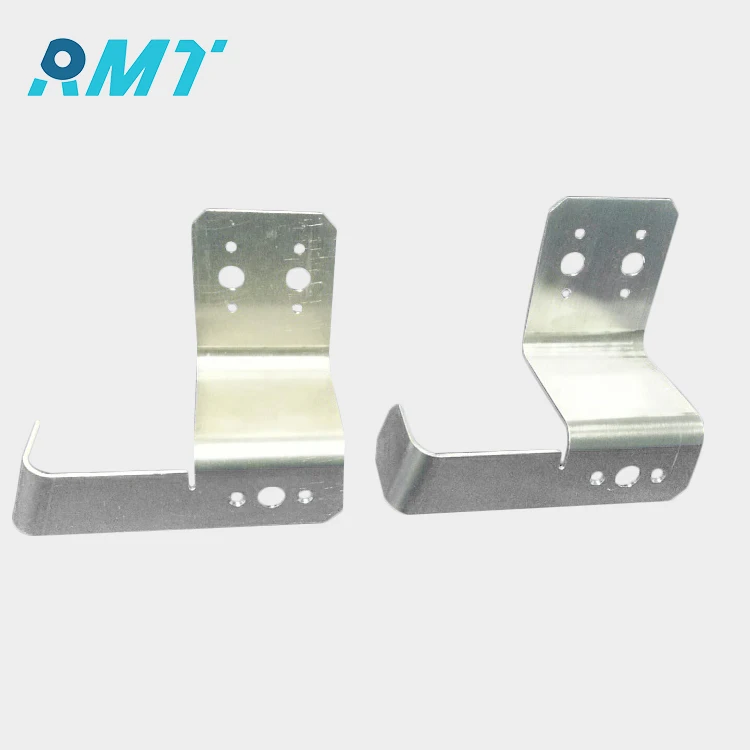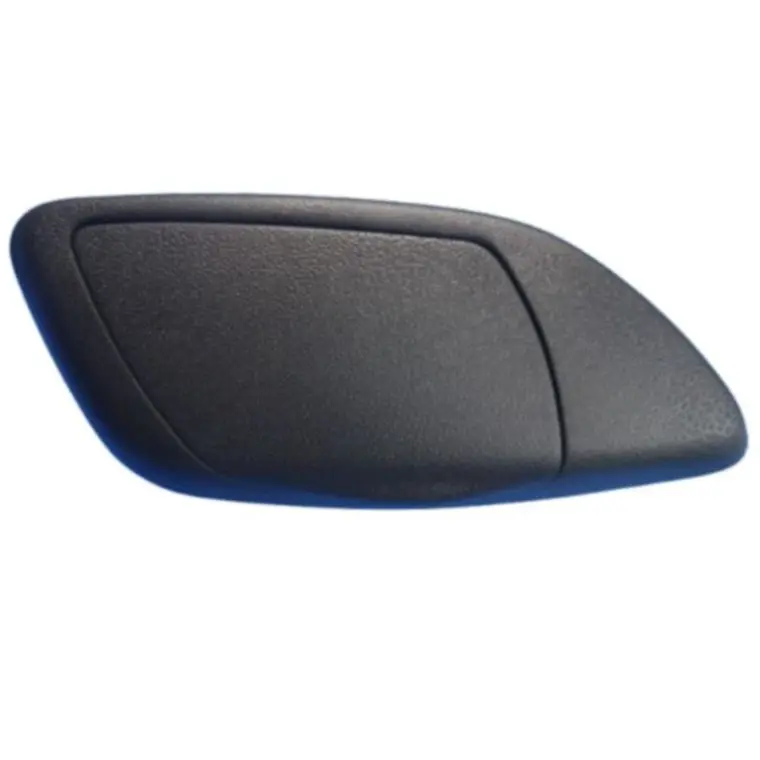High Precision CNC Machining for Custom Metal Parts
The Critical Role of High Precision CNC Machining
Defining Tolerance Standards in Metal Components
Understanding tolerance standards is crucial in precision CNC machining, especially in industries like aerospace and automotive. These industries demand exacting standards where even minute deviations can lead to system failures or safety issues. Adhering to industry specifications like ISO or ASME is vital as they define acceptable tolerance levels for various materials, ensuring that components meet rigorous quality benchmarks. For instance, precision in manufacturing can significantly enhance system performance, minimize waste, and elevate safety standards, leading to better operational longevity and reliability.
CNC vs Traditional Manufacturing Accuracy
CNC machining offers decisive advantages over traditional manufacturing methods, chiefly in terms of accuracy and repeatability. CNC machines excel in achieving tighter tolerances, which drastically reduces error rates in production. Traditional manual methods simply cannot match the precision afforded by CNC technology. For instance, statistics indicate that CNC machining can enhance accuracy by up to 40% compared to conventional methods, as substantiated by various industry case studies. This technological edge in accuracy makes CNC machining indispensable for the production of high-quality, complex metal components.
OEM Factory High Precision CNC Machining Services
5-Axis Machining for Complex Geometries
5-axis machining technology is revolutionizing the production of intricate designs, enabling the creation of components that are impossible to achieve with traditional 3-axis systems. This advanced capability allows engineers to work on complex geometries with a single setup, considerably reducing the number of operations needed. As a result, it improves efficiency and accuracy, minimizing errors that can arise from multiple setups. Studies have shown that utilizing 5-axis CNC machining can increase production rates by up to 25% for complex parts. Its utilization has become vital in fields like aerospace and automotive parts manufacturing where precision and performance are critical.
Scalable Solutions: Prototyping to Mass Production
CNC machining services offer unparalleled flexibility and adaptability, catering to both rapid prototyping and full-scale production needs. This flexibility is crucial for swiftly bringing new products to market, especially in dynamic industries such as electronics and medical devices. Rapid prototyping through CNC enables companies to test and refine their designs quickly, significantly reducing time to market. For instance, companies have leveraged CNC technology to scale operations seamlessly from developing prototypes to achieving mass production volumes, ensuring quality and uniformity across the product lifecycle. This ability to scale effectively supports industries engaged in precision sheet metal fabrication and rapid prototyping, ensuring they meet evolving market demands.
Tight Tolerance Capabilities (±0.01mm)
The precision capabilities of modern CNC machines are remarkable, allowing for tolerances as tight as ±0.01mm. This level of precision is essential for applications that require exact specifications, such as aerospace and medical devices, where even minor deviations can affect functionality and safety. Tight tolerances ensure that components fit perfectly into larger systems, minimizing waste and maximizing the integrity and performance of engineered solutions. Research indicates the importance of maintaining strict tolerances, as it contributes to enhanced operational efficiency and reduced downtime. ISO and other industry standards often certify the adherence to such tolerance levels, attesting to the quality and reliability of CNC manufacturing processes.
Material Expertise in Precision Machining
Stainless Steel Grades for Corrosive Environments
Choosing the appropriate grade of stainless steel is crucial for applications in corrosive environments. Grades like 304 and 316 are renowned for their excellent corrosion resistance and are widely used in industrial settings. Grade 304, with its substantial chromium and nickel composition, offers excellent rust resistance, making it ideal for various components including fasteners and handles. On the other hand, Grade 316, enhanced by molybdenum, provides superior resistance to chlorides, making it suitable for marine and chemical environments. Studies indicate that 316 Stainless Steel outperforms 304 in saline atmospheres, further emphasizing its suitability for harsh conditions. Selecting the right material not only improves the durability of the part but also extends the lifespan of the equipment in demanding environments.
Aluminum Alloys for Lightweight Durability
Aluminum alloys, such as 6061 and 7075, are favored for their strength-to-weight ratio, offering lightweight durability. In high-performance sectors like aerospace, where every gram matters, aluminum’s lightweight properties lead to enhanced fuel efficiency and performance gains. The 6061 alloy is praised for its versatility and excellent corrosion resistance, making it suitable for structural applications. Meanwhile, 7075 is known for its superior strength, comparable to many steels, and is often used in aircraft and automotive components. Experts foresee a continued rise in the use of aluminum in manufacturing due to these intrinsic qualities, driving trends in industries requiring strong yet lightweight materials.
Multi-Material Compatibility (Including Plastics)
CNC machining's ability to handle diverse materials, including both metals and plastics, underscores its versatility. This multi-material compatibility facilitates the creation of hybrid parts, catering to niche applications across various industries such as automotive and consumer electronics. When combining metals like stainless steel with plastics, machinists can achieve lightweight, corrosion-resistant outcomes that are structurally sound. The trend towards using multi-materials is driven by the need for customized solutions that offer optimal performance and cost efficiency. Data suggests a steady increase in hybrid designs, reflecting CNC machining’s crucial role in modern manufacturing through its adaptable material handling capabilities.
By harnessing the capabilities of precision machining, industries can produce components that meet specific needs, whether they require corrosion resistance, lightweight durability, or multi-material functionality.
Industry-Specific Applications
Aerospace: Flight-Critical Components
The aerospace industry demands stringent standards for flight-critical components, which are vital to the safe and efficient operation of aircraft. CNC machining excels in meeting these rigorous specifications due to its precision and reliability. Common examples of aerospace parts produced through CNC machining include brackets and housings that must withstand extreme conditions without compromising safety. The aerospace sector continues to grow, driven by innovations and the increasing number of aircraft, thereby heightening the reliance on precision manufacturing. This expansion underscores the critical role of CNC machining in producing components that meet such high standards.
Automotive: Engine and Transmission Parts
CNC machining plays a pivotal role in the automotive industry by producing precise engine and transmission components that enhance vehicle performance and safety. The precision offered by CNC processes is integral to advancements in automotive manufacturing, allowing for the creation of parts that improve fuel efficiency, reduce emissions, and optimize engine performance. Industry data highlights the growing importance of precision parts, as consumers demand vehicles that are more reliable and efficient. CNC machining supports the push for technological advancements in the automotive sector, ensuring that vehicles meet modern standards of excellence.
Medical: Sterile Surgical Instruments
Precision machining is crucial for creating sterile surgical instruments that adhere to strict safety and sterilization standards. CNC machining delivers the high-quality, precise medical tools required for patient safety, significantly impacting the healthcare sector's ability to produce sophisticated instruments. The demand for these instruments is increasing due to a heightened focus on patient safety and the expansion of medical procedures requiring surgical precision. As healthcare technology advances, the need for reliable and sterile medical tools grows, demonstrating the importance of CNC machining as it meets stringent regulatory requirements and supports innovative medical solutions.
Technical Advantages in Precision Manufacturing
Rapid Prototyping with CNC Efficiency
Rapid prototyping plays a crucial role in modern manufacturing, offering swift transition from design to physical component. CNC machining enhances this process by enabling efficient and accurate manufacturing that greatly reduces development time. This efficiency allows companies to minimize development costs, accelerating market entry. Research highlights how integrating rapid prototyping through CNC machining can cut prototyping phase durations significantly, enhancing overall production cycles. By utilizing such innovations, industries experience quicker turnovers and maintain a competitive edge in their respective markets.
Surface Finish Options for Functional Needs
CNC machining offers a range of surface finish options to meet functional and aesthetic requirements. Different finishes can enhance wear resistance, corrosion protection, and aesthetic appeal of components. Options such as bead blasting, anodizing, and powder coating not only achieve desired textures but also adhere to industry standards for various applications. For example, anodized finishes are frequently used in aerospace components due to their corrosion resistance. These surface technologies are vital in manufacturing, especially where specific environmental and operational standards must be met.
Automation Integration for Consistency
In the realm of CNC machining, integrating automation stands as a keystone for achieving consistent quality and production rates. Automation minimizes human error and boosts precision, ensuring uniformity across large production runs. According to industry reports, automated CNC systems have shown significant improvements in production outcomes, underscoring their value. By streamlining operations, automation not only enhances precision and efficiency but also maximizes throughput, making it indispensable for modern manufacturing environments aiming for high-quality standards.

 EN
EN
 AR
AR
 BG
BG
 HR
HR
 CS
CS
 DA
DA
 NL
NL
 FI
FI
 FR
FR
 DE
DE
 EL
EL
 IT
IT
 JA
JA
 KO
KO
 NO
NO
 PL
PL
 PT
PT
 RO
RO
 RU
RU
 ES
ES
 SV
SV
 IW
IW
 LV
LV
 SR
SR
 SK
SK
 UK
UK
 GL
GL
 HU
HU
 TH
TH
 TR
TR
 FA
FA
 GA
GA
 CY
CY
 EU
EU
 BN
BN
 BS
BS
 LA
LA
 NE
NE
 SO
SO
 KK
KK
